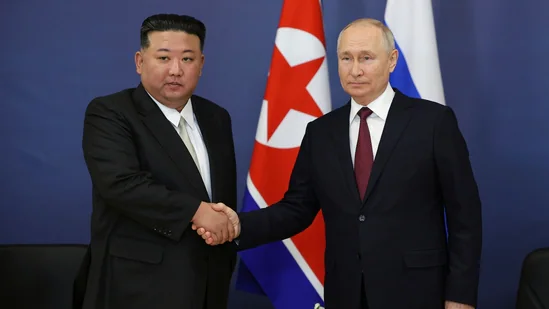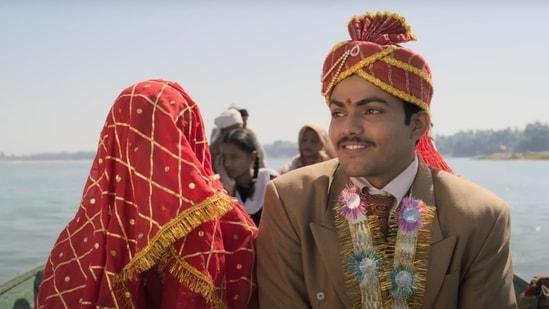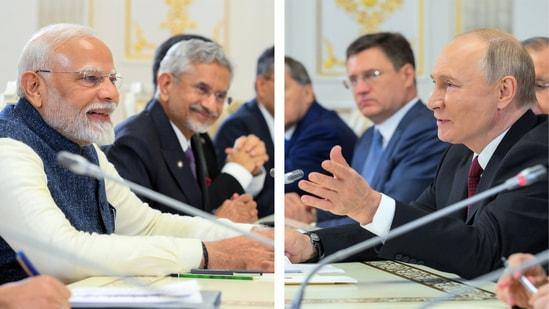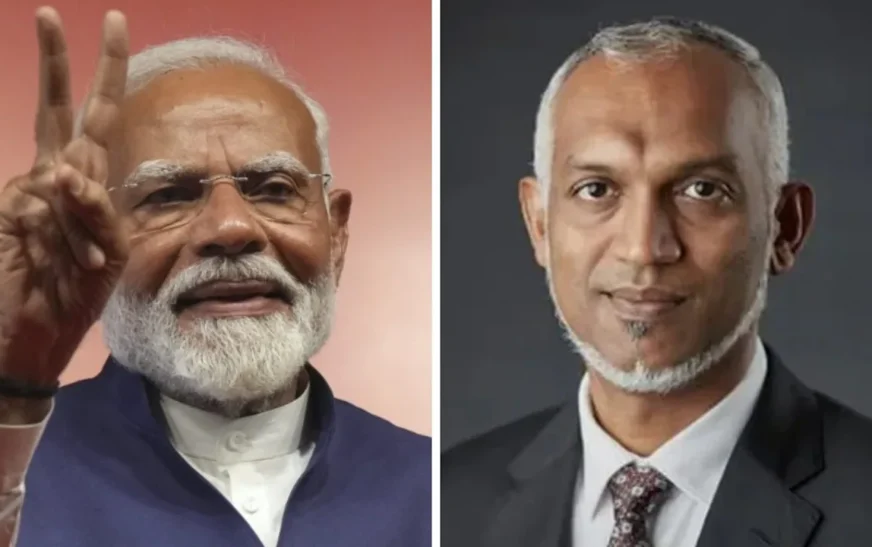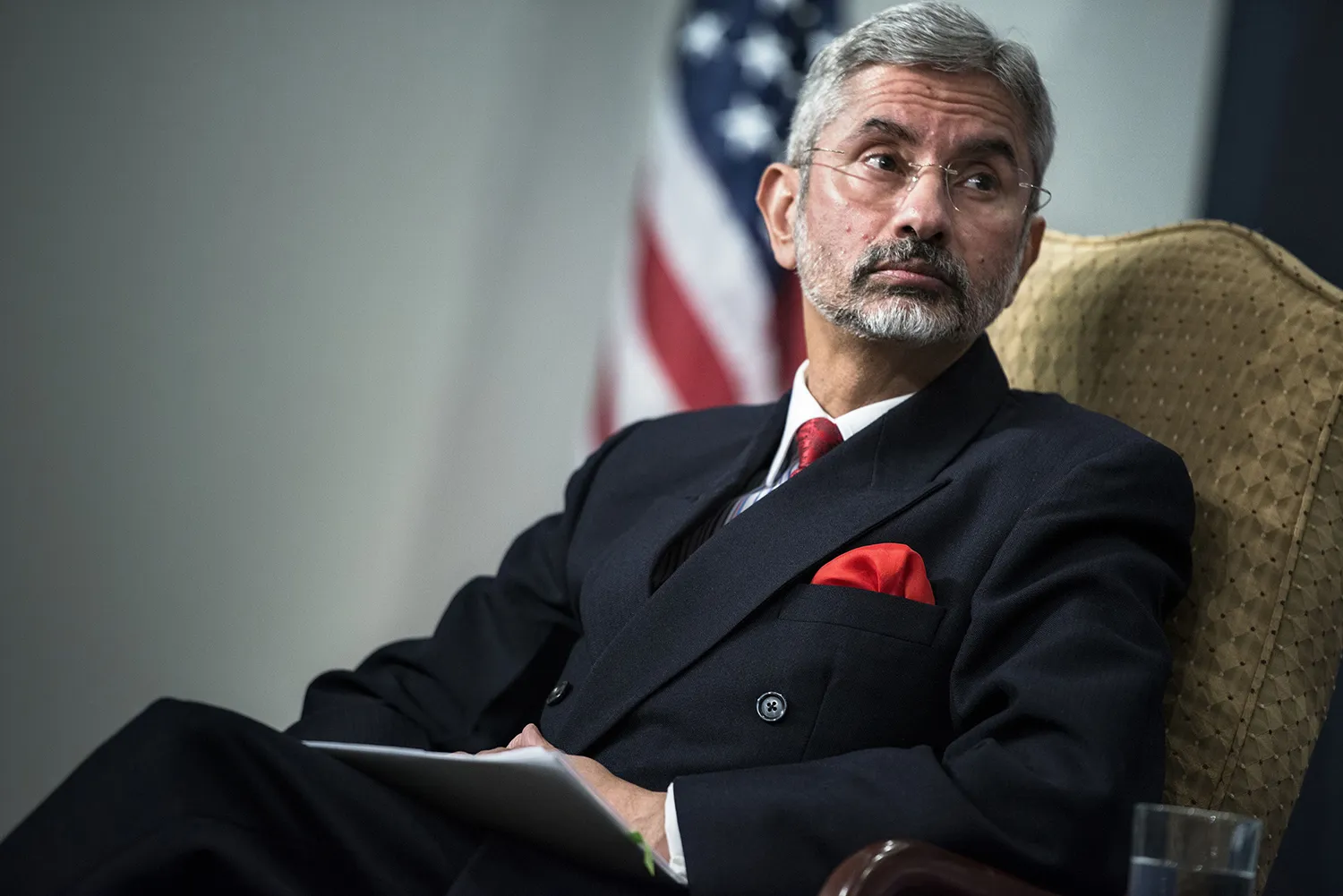Tensions between China and India escalate as Beijing protests an exchange of messages between Indian Prime Minister Narendra Modi and Taiwanese President Lai Ching-te, sparking diplomatic controversy and underscoring the complexities of regional relations.
In a move that drew swift backlash from China, Modi responded to Lai’s congratulatory message on his recent election victory with an optimistic outlook for closer ties between India and Taiwan, emphasizing the potential for mutually beneficial economic and technological partnerships. The exchange, which unfolded on social media platform X (formerly Twitter), elicited strong opposition from Chinese authorities, who condemned all official interactions between Taiwanese authorities and countries maintaining diplomatic relations with China.
Chinese Foreign Ministry spokesperson Mao Ning affirmed China’s protest to India over the matter, rejecting the notion of a Taiwanese president and reiterating Beijing’s stance on the singular sovereignty of China, which includes Taiwan as an integral part of its territory.
The dispute highlights the divergence in diplomatic narratives between the two Asian giants, with India refraining from adhering to China’s “one-China” policy for over a decade, following past grievances over stapled visas issued by Chinese authorities to residents of border regions like Arunachal Pradesh and Jammu and Kashmir.
While Modi’s acknowledgment of Taiwan signals a departure from traditional Indian diplomatic discourse, China’s response remains markedly restrained, with no direct congratulatory message from Chinese leadership to Modi on his electoral triumph. Instead, Chinese Ambassador Xu Feihong conveyed well-wishes for a “sound and stable” relationship with India, underscoring the importance of bilateral ties amid regional dynamics.
Against the backdrop of strained India-China relations exacerbated by ongoing border disputes, Modi’s public references to Taiwan have become more frequent, highlighting burgeoning economic ties between the two entities. The recent exchange with Lai marks a significant milestone in bilateral relations, prompting Taiwanese lawmaker Kuan-Ting Chen to herald a “new chapter” in Taiwan-India relations, foreseeing deeper cooperation in areas such as artificial intelligence and information technology.
The economic synergy between India and Taiwan is underscored by robust trade figures, with two-way trade reaching $8.2 billion in 2023, positioning India as Taiwan’s 16th largest trading partner. Amidst plans to establish a third representative office in Mumbai later this year, Taiwan’s engagement with India signals a deepening of bilateral ties beyond the diplomatic realm.
As India navigates the complexities of its regional relationships, the exchange of messages between Modi and Lai serves as a testament to evolving diplomatic dynamics in Asia, with implications for regional stability and cooperation in the Indo-Pacific.


